A foster child, an anxious student, a timorous enlisted man, a hesitant navigator, an uncertain pilot, a struggling student, a missionary priest, a retired uncle. These words all describe the life of Father Joseph P. La Mar, taken from the back of his new autobiography, A Conversation With a Friend: Concerning Justice, Peace and Joy. The book covers his life story; from his upbringing as a foster child, through a full career in the US Air Force, and to his second life as a Missionary Priest working in Guatemala and Corporate Social Responsibility.
Once we got a copy in Archives, I immediately began reading.
I was amazed by how engaged I was with the numerous stories Father La Mar tells about his life. The title of the book is on point, as reading it feels like you are conversing with an old friend you haven’t seen in years. In what seems as no time at all, I had finished the book. Wanting to learn more I reached out to Father La Mar to invite him to an interview, which he accepted.
Father La Mar and I sat down to discuss his new book, the process of creating it, and the many stories contained within. Much like his writing, the interview felt like a conversation with a friend. Below you can listen to some of Father La Mar’s many insights, along with quotes from the book. Hopefully by the end, you will be enticed to pick up a copy yourself.
Deciding to Write an Autobiography
The first question I asked Father La Mar was why exactly he decided to write an autobiography. Father La Mar describes the pressure he felt from his family to record his many stories.
This book was in the making for over eighty-eight years. It would be impossible to maintain its current size if I introduce the myriad of relatives and friends, if only by name, who, each in their wonderful way, have guided me to become the person I am. I recognize the tremendous love that enveloped me throughout my experiences as a child, in the military, as a student, as a missionary priest, and into retirement.
A Conversation with a Friend, Page v
Telling His Story and the Editing Process
Next, I asked Father La Mar about what stories he wanted to tell and how he went about telling them. Father La Mar shares that there was no particular story, but rather he wanted to share his whole life story, which is a combination of many stories. He then goes on to describe how he wrote the book and what the editing process was like.
Having made the decision to write my autobiography I, in concert with members of my prayer group, discussed how I might enter into writing such a manuscript. In common we agreed that the story, my story ought to begin with a prayer. Such a prayer for us religious to pray at the beginning and close of the day is called the Liturgy of the Hours.
A Conversation with a Friend, Page viii
A Call to Mission and the Military
After talking about the editing process, Father La Mar went right into describing how he ended up in the Air Force and as a missioner. He describes the call to mission he received at 11 years old, and how his life veered away from that path until many years later.
A Call to Mission and the Military
Then to my military friends to whom I wrote and I explained that I was in training to become a priest responded: “Joe, you already are a priest.” I thought it was a secret. What a nice reward for being who I was – little did I know it showed.
A Conversation with a Friend, Page 131
Committing to a Life of Mission
While Father La Mar could have spent his whole life in the military, his call to mission was too strong. Listen as he describes his commitment to being a missioner and how he ended up at Maryknoll.
If I feared entrance into the military life; so also did I fear entrance into this next step. As previously mentioned, I discovered that I was too old to become a missionary priest and, as well, I was too old to become officially recognized as a lay missioner. Anything I could do was on my own – could I pull it off?
A Conversation with a Friend, Page 121
Working in Corporate Social Responsibility
After missioning in Guatemala, Father La Mar spent over thirty years in Corporate Social Responsibility, working to better the practices of major corporations around the world. Father La Mar describes what the work was like and how it felt meeting with lawyers, CEOs, and Company Vice Presidents.
During my thirty years of representing Maryknoll at the [Interfaith Center of Corporate Responsibility], I’ve seen the seemingly impossible realized. There is nothing like saying “I’ve been there,” when in dialogue with corporate officials. Thirty years ago, companies failed to have a written Code of Conduct; today, for a company not to have such would be most surprising. While the choice of issues to address were excellent, they were also numerous. I was involved on issues concerning tobacco, maquiladoras, sweat Shops, boycotts, fair housing, extraction industries, not fair wages but living wages, human rights, and so much more. For me, all the issues worked by the ICCR were human rights issues. One way or another, we fought against power in support of human rights.
A Conversation with a Friend, Page 188

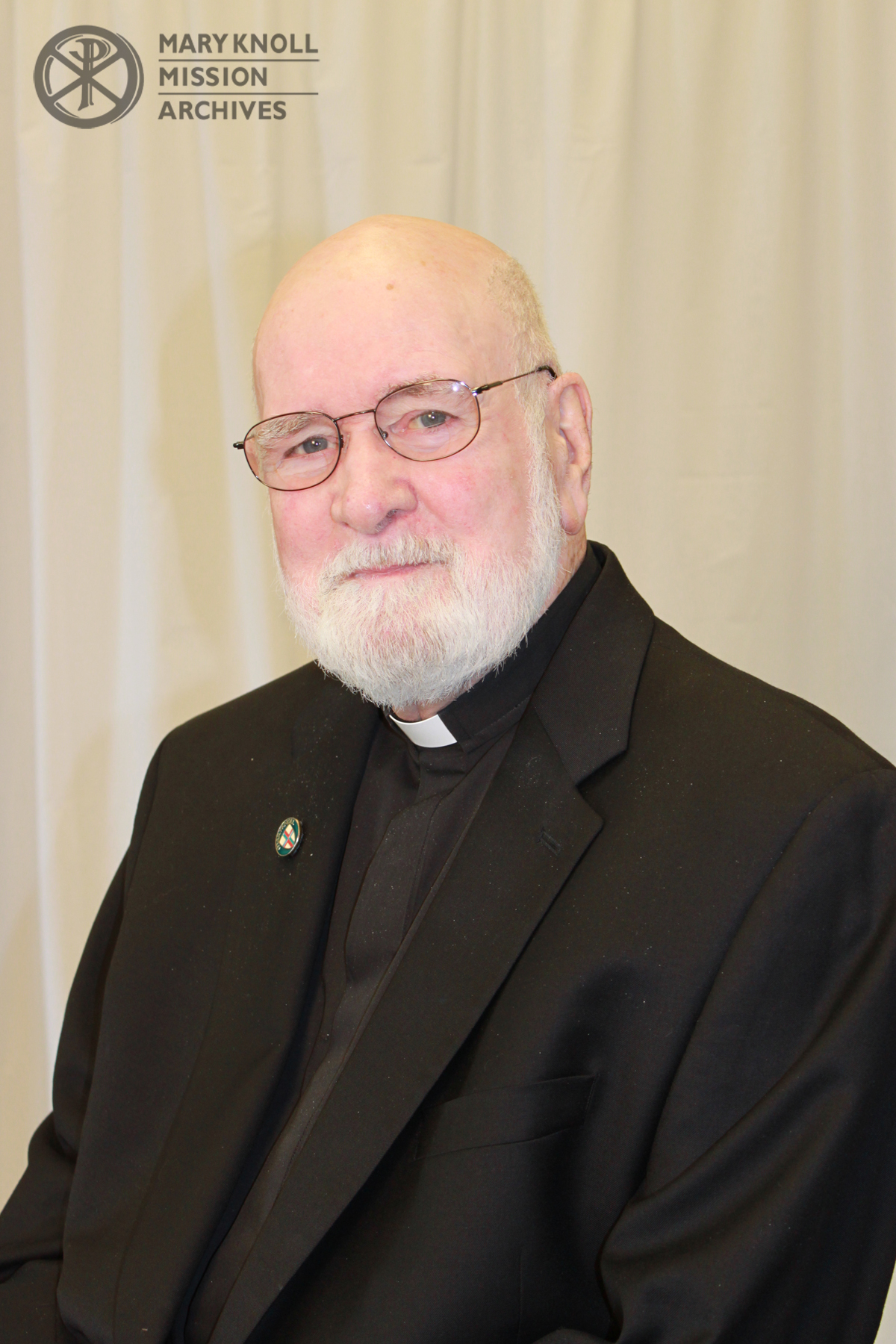

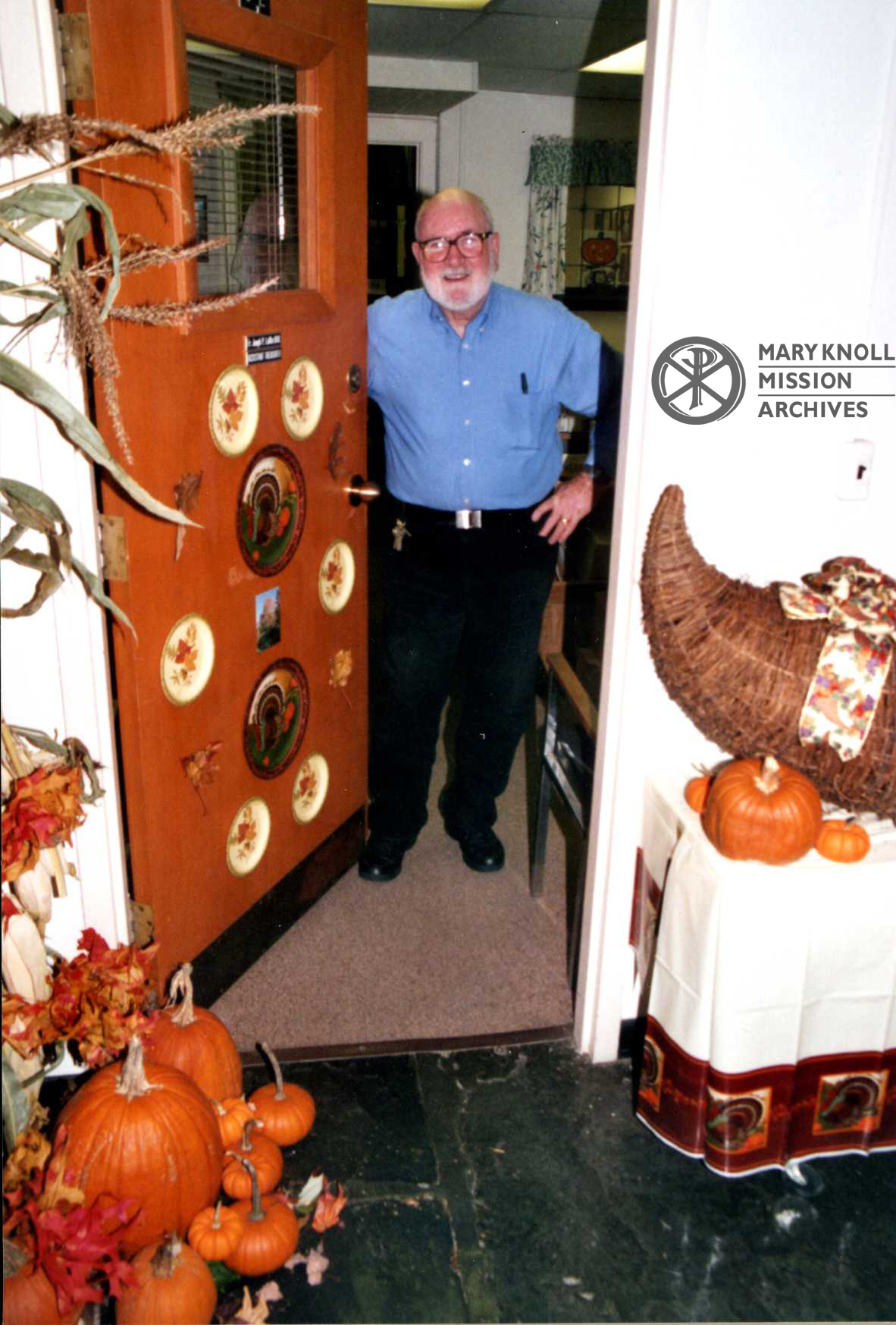
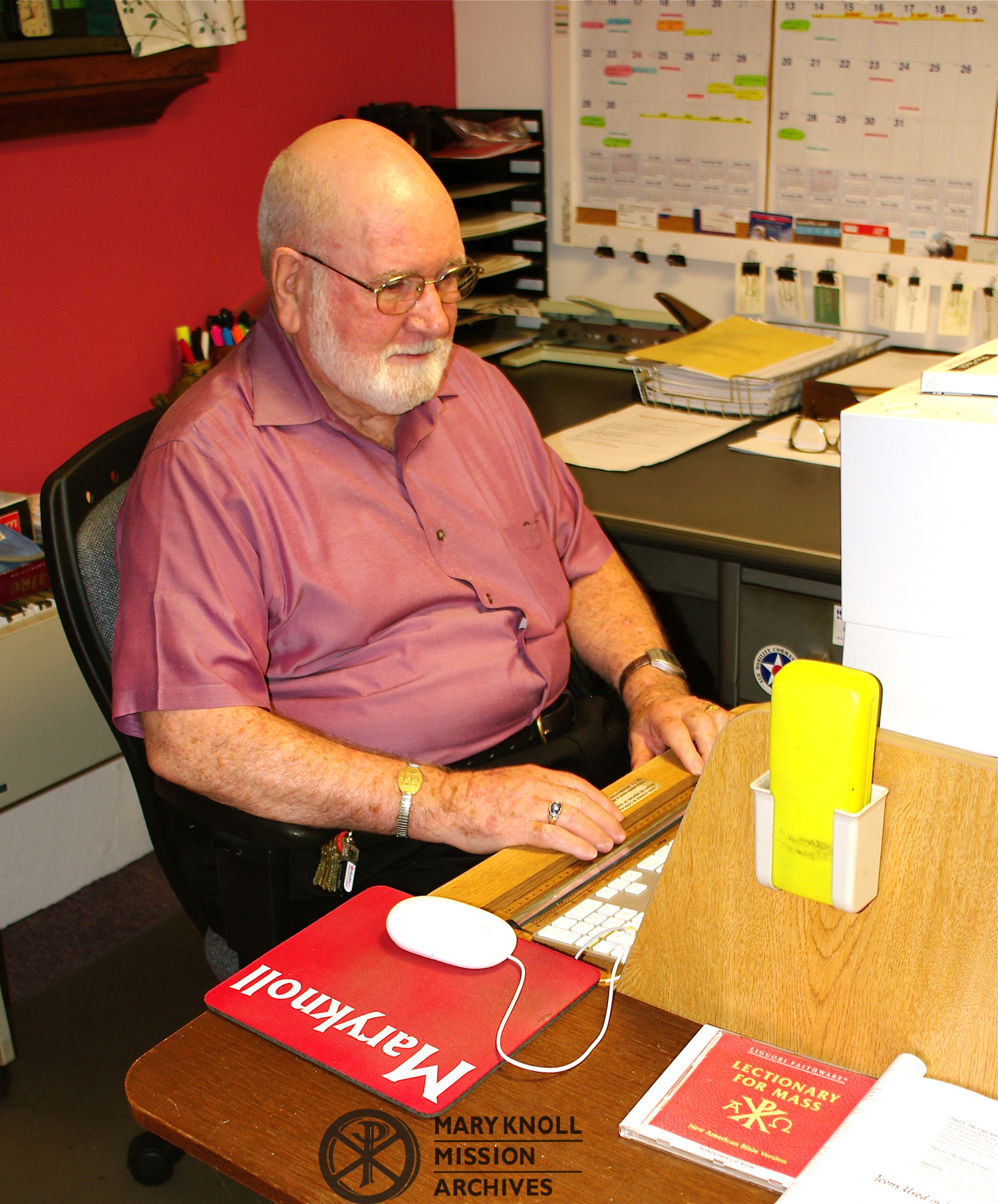

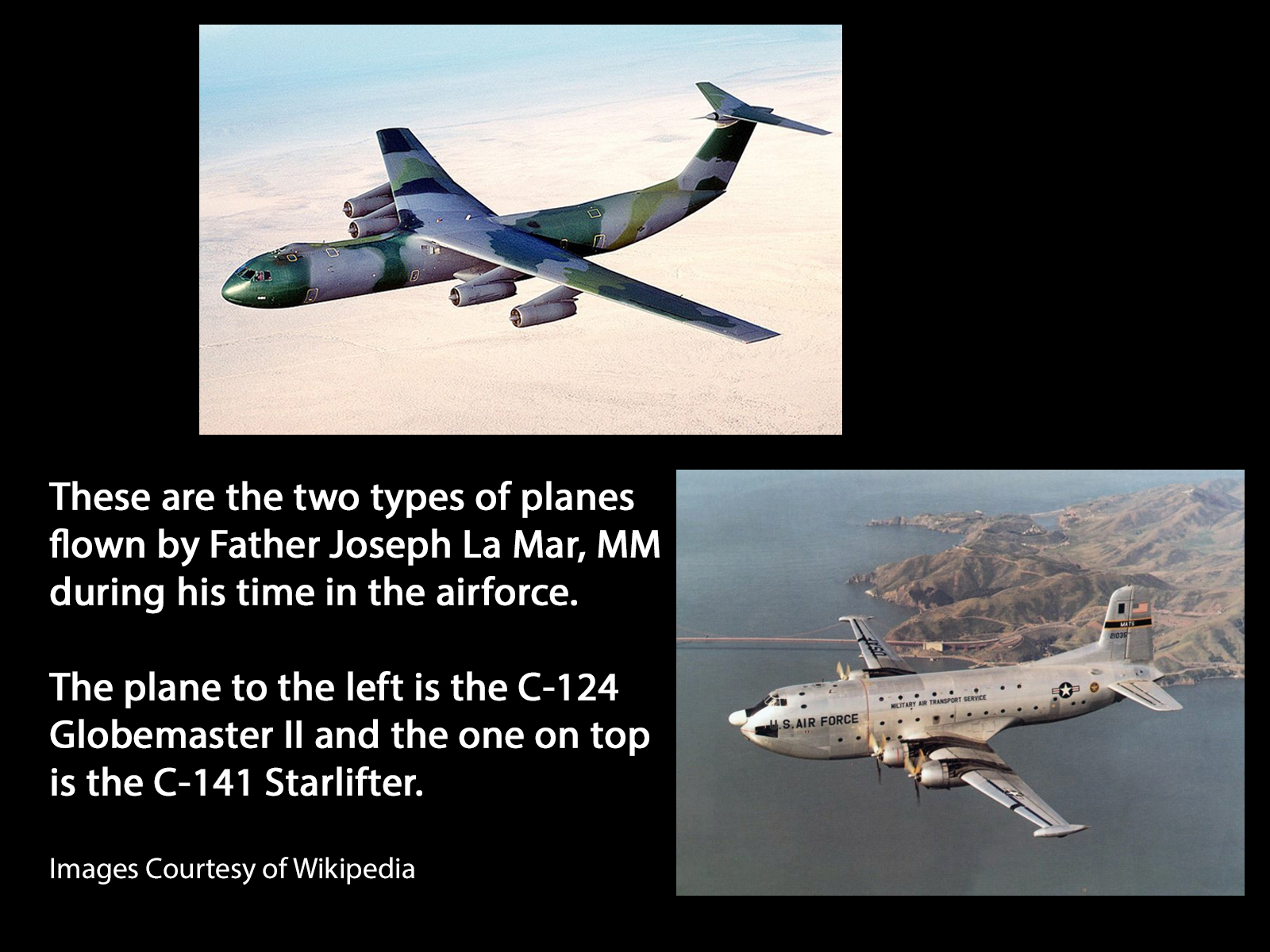
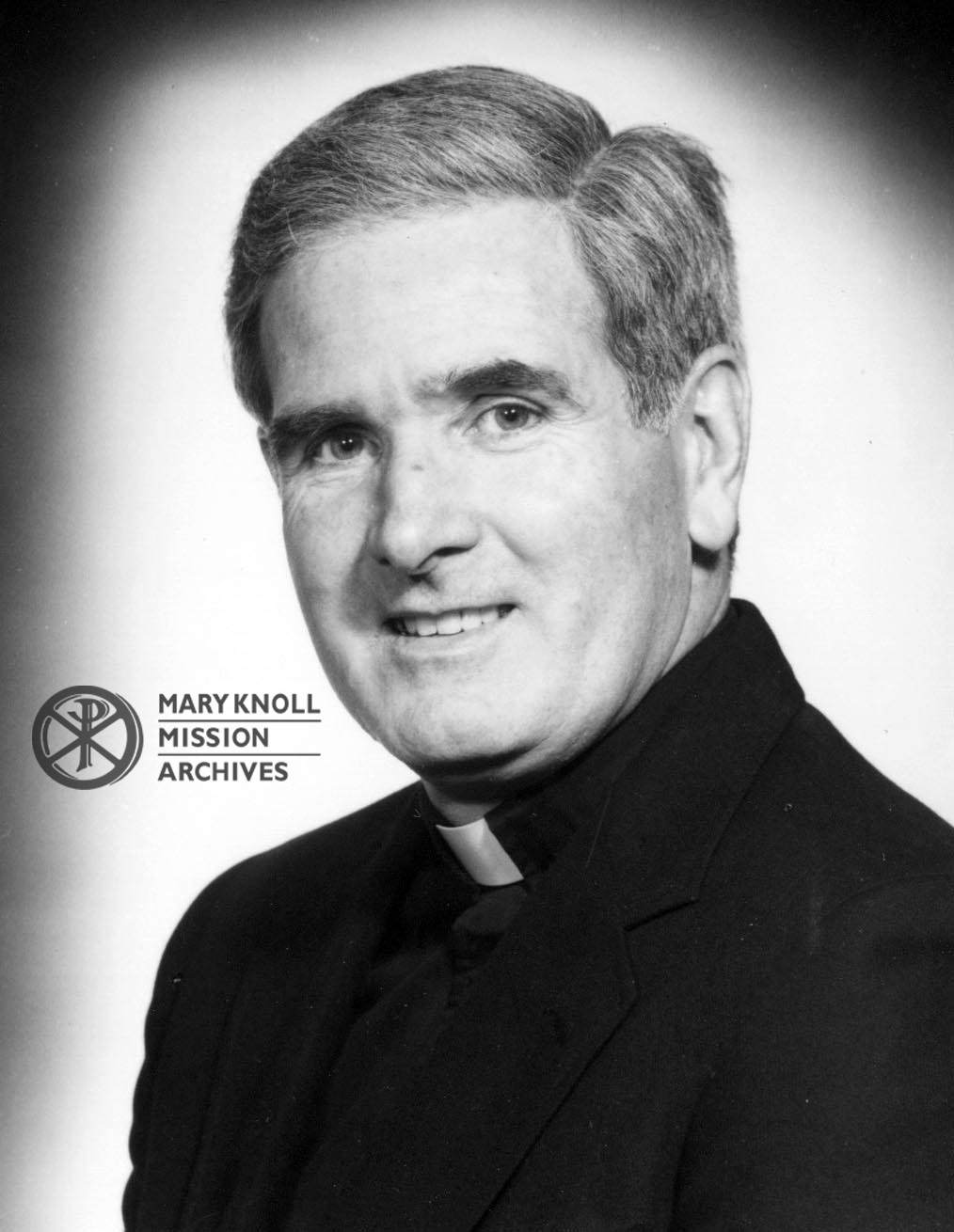
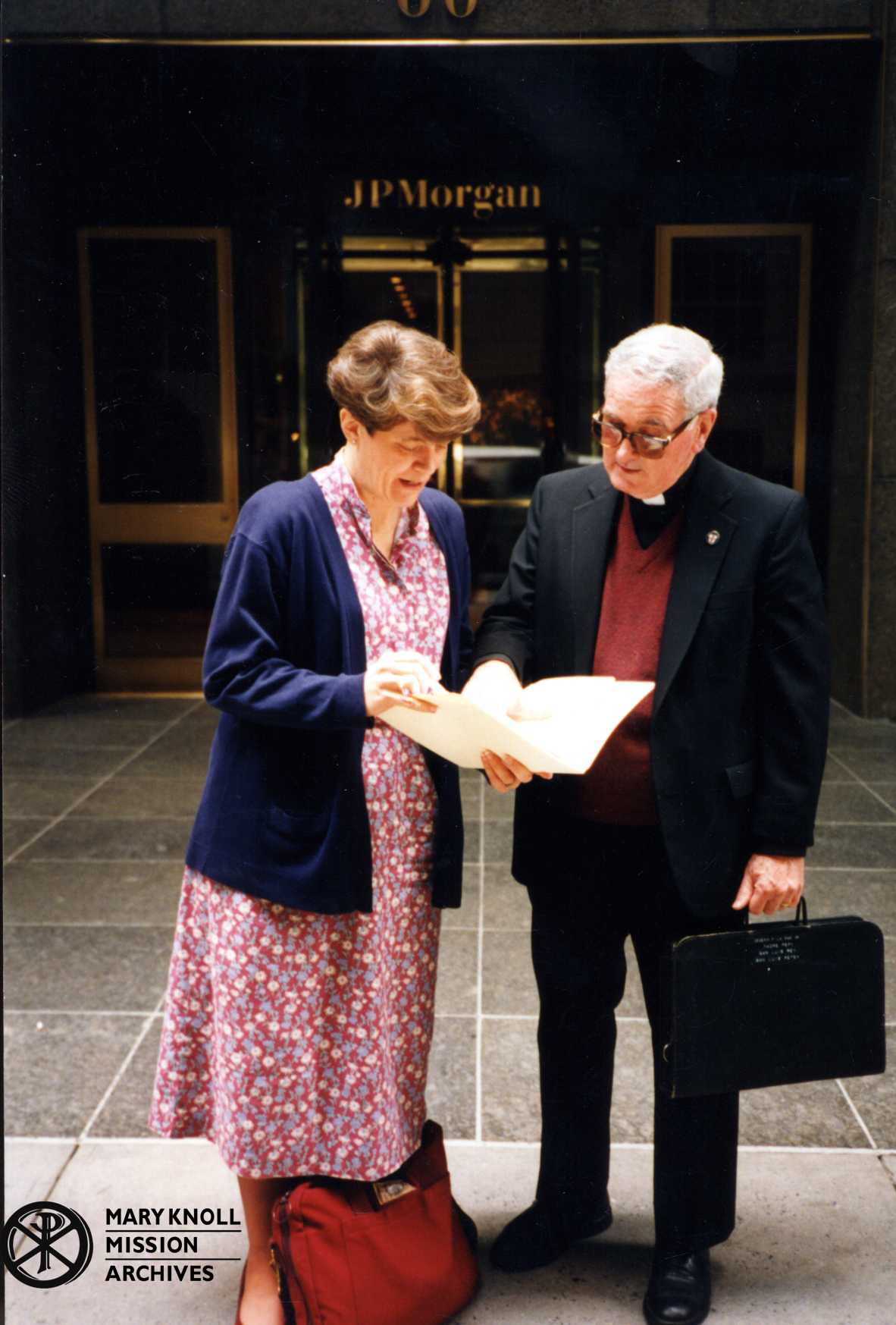
Could you please send me the entire Prayer for Vocations (poem) that was in the Maryknoll Magazine recently?
The Persistent Call
begins with:
“Jesus, why did you call me…”
Thank you! Sincerely, Cynthia Giacomini
Hello Cynthia,
I hope this finds you well! Thank you for reaching out through the Maryknoll Mission Archives blog for assistance with locating a copy of Fr. Joseph La Mar’s poem. Please check your email for a copy of “The Persistent Call”. Please let me know if there is anything else we can do to assist you.
Sincerely,
Maryknoll Mission Archives